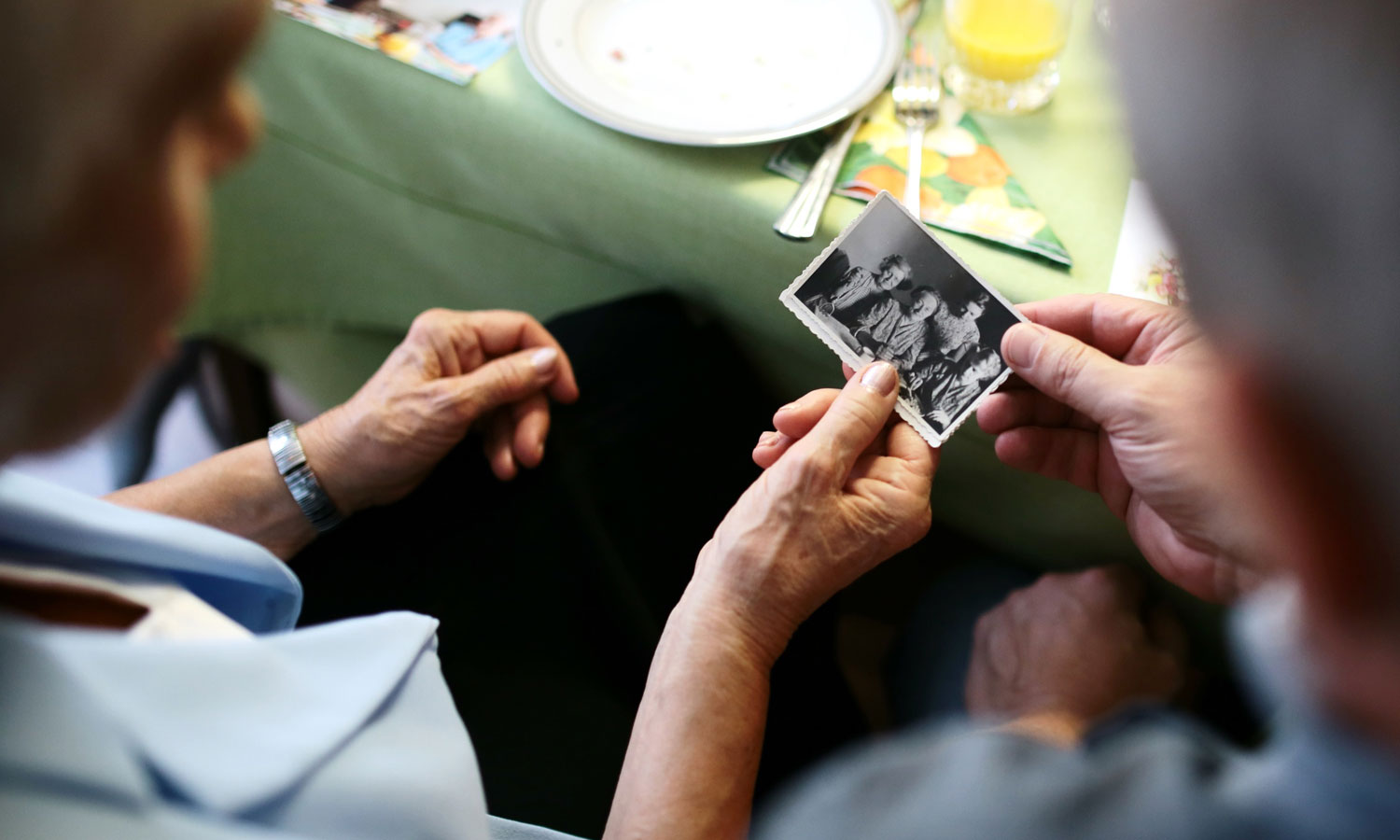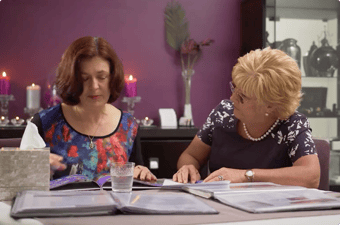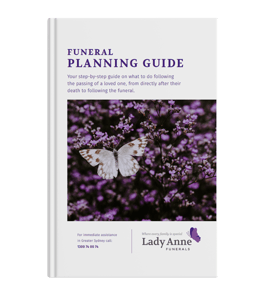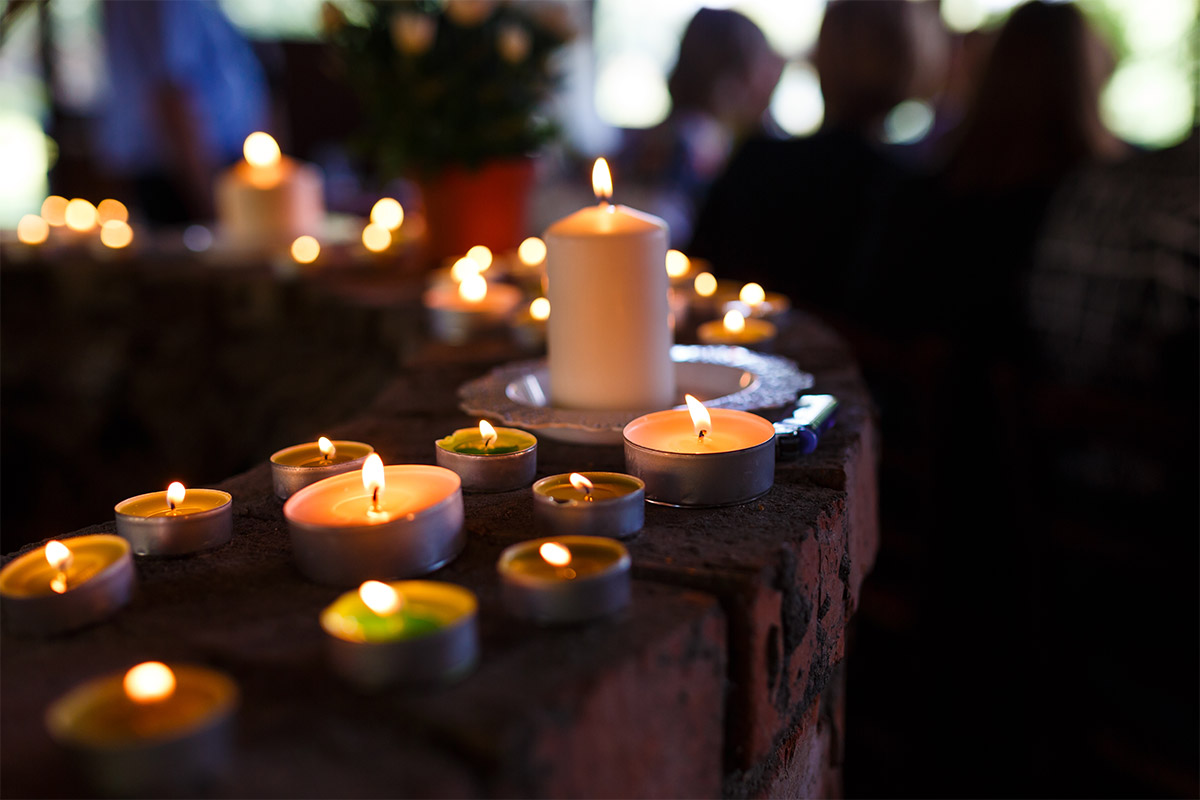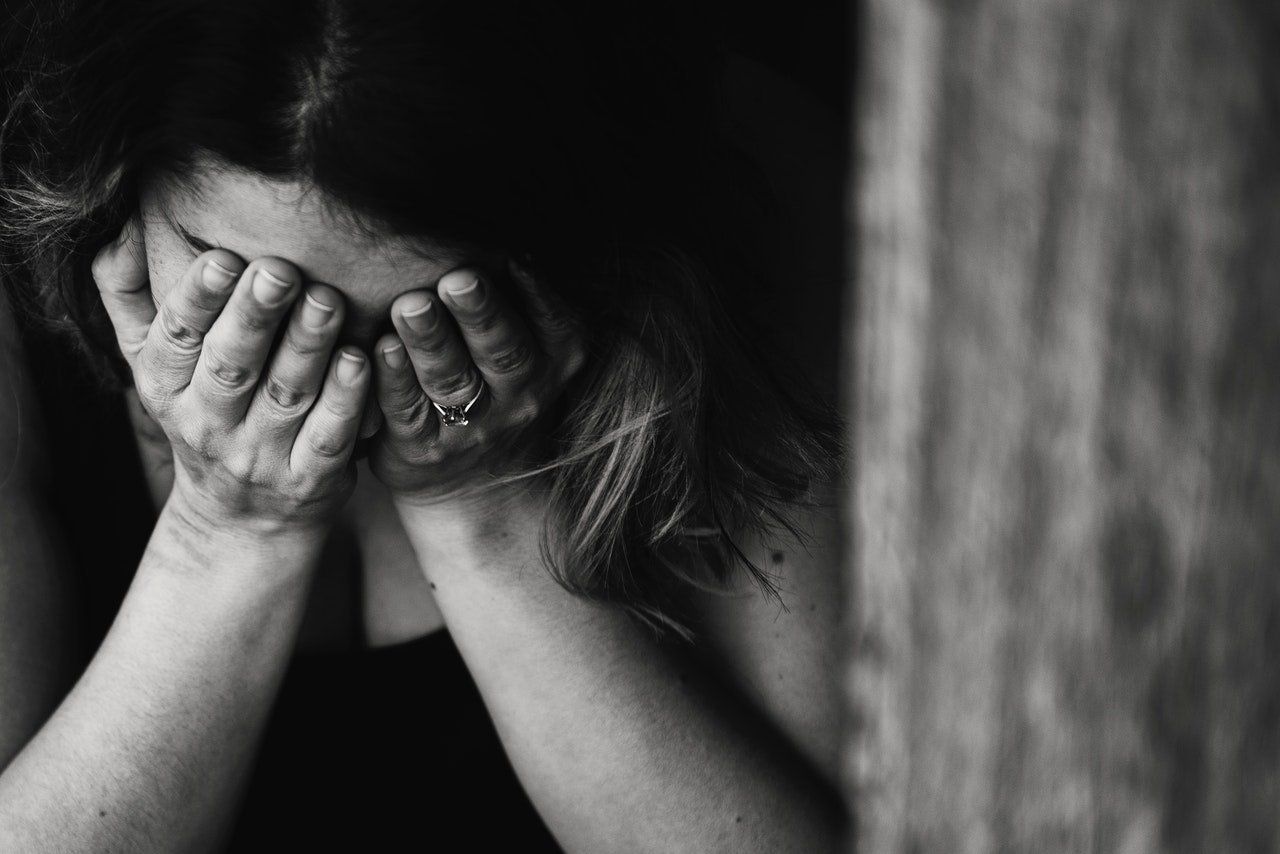It's commonly said that funerals are not only for the dead but also the living; especially the family and close friends of the deceased. Just as every person is different, each funeral may be a one-of-a-kind testament to that person's unique spirit and life.
Amidst the shock and grief, personalising a loved one's funeral can raise tricky logistical issues. The question of how to arrange a funeral – and, by extension, what you should bring and take home from the ceremony – comes down to the type of service being organised.
Will it be a traditional, religious ceremony reflecting the faith of the deceased? Or a personalised funeral service, tailored to their personality and preferences through factors like music, visuals, and humour?
What families take home from a funeral service
Flowers
Floral displays are a simple yet key way to make sure that the service reflects your loved one’s individuality. The type, colour and arrangement of flowers can all make a visual statement of the kind of person they were.
After the funeral, you might like to take some of the floral arrangements to the burial (if applicable) and leave them on the gravesite. Alternatively, you and other close family members might like to take some of the smaller flower arrangements home as a beautiful reminder of your loved one. They can help add a splash of colour and brightness to your home during this difficult time.
Another alternative is to invite all of the guests to take a flower from the larger arrangements as a memento of the deceased.
Memory books
Many funerals include registration books – also called guest books or memory books – which allow all the guests to sign their name and leave a short message of condolence for the family to read later. This can involve sharing memories and thoughts they have of the deceased that they may find it difficult to say firsthand during such a difficult day.
For the family, these messages can be a real source of comfort to reflect upon later, and help when it comes to writing sympathy thank you cards if you choose to do so.
Cards and notes
On the other hand, cards and notes of sympathy and condolence are typically brought to visitations or viewings rather than the funeral service itself, but your funeral director should be able to collect any cards and notes for you if they are brought along.
Other guests may bring a bereavement offering such as a photo album, scrapbook or heartfelt letter as a special sentimental gift to the family.
Photographs and other tributes
It goes without saying that generally any photographs, videos or musical tributes that you’ve prepared in honour of your loved one will be returned to you: whether that’s a recent photograph of them placed on display, or a CD containing a funeral playlist. These can help capture the spark of personality that made your loved one so special, and help those attending to focus on the happier memories and accomplishments of their life rather than the tragedy of their passing.
Personal effects
In many cases, those who have arranged a personalised funeral ceremony, may use the deceased’s treasured possessions, or symbols of their passions or hobbies, to help adorn the funeral space. For instance, one of the most memorable services I’ve been involved in was an informal affair at a surf lifesaving club, complete with surfboards and other surfing memorabilia – a touching reflection of the life that was.
In some cases, small tributes to the deceased may be placed atop the coffin for the service or even accompany them to the grave itself – a treasured item of clothing, piece of memorabilia, framed photograph or even, in some cases, food or drink.
Religious components
For those with strong religious beliefs, it’s important to incorporate religious elements into the service. For example, Catholic services may feature mass cards as well as memorial booklets outlining the service of the funeral mass for each guest to follow throughout and take home afterwards. It all depends on the religious and cultural practices.
Most importantly of all, funerals offer a sense of closure and support to the deceased’s close family and friends, helping them to cope during this difficult time. They play the important psychological roles of helping us to remember the person and to say goodbye.
Every person and family is different, and every funeral should be too. During these difficult times of grief and mourning, the help and support of an experienced professional can make all the difference in planning a special funeral service.

